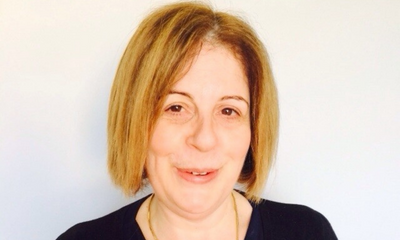Meet the expert: Professor Gill Livingston

Can you tell us about what attracted you to the study of dementia and why is it important?
I was attracted through my clinical work hearing the fascinating history of a diverse group of patients with cognitive and neuropsychiatric symptoms and seeing the difference family carers made. I was attracted as it was so interesting and so needed. It is important as the most feared illness in the UK and the one with the biggest economic impact. It affects individuals with it and their families.
Can you tell us about your current research?
My work is as part of a team of investigators. In particular in UCL I work with Penny Rapaport, Naaheed Mukadam, Andrew Sommerlad, Mika Kivimaki, Julie Barber, Louise Marston, Sergi Costafreda, Rebecca Gould and Rob Howard. Here are some projects which I am working on with colleagues.
- Identifying novel biomarkers for dementia risk
- Anthropometric measurements and risk of dementia in the life-course
- Interventions for people with sleep disorders in dementia
- Hearing impairment and risk of dementia
- Minority ethnic groups and dementia including equity in dementia care
What aspect of your work most excites you and why?
I think our work is really making a difference and helping people with dementia and their families from many directions. Examples are UK policy and US policy to change risk and prevent or delay dementia and Wales recently deciding to make START available for all family carers throughout the country.
What would you say to someone who is considering whether to study within the Division of Psychiatry at UCL?
There are brilliant and friendly supervisors, great learning experiences and an excellent peer group with lots of support. Talk to people who are here or have finished and then come and enjoy it.
What’s the best advice you would give your younger self?
Those who succeed in getting grants and publishing high impact papers also fail often- some of it is random - so allow yourself to fail and learn from the referees’ comments. You need to work and spend time with your family and friends, you don’t need to do all the cleaning so get some help.
 Close
Close

